We all have feelings of anxiety, worry and fear sometimes and these can be normal responses to certain situations. For example, you might worry about a school exam or a job interview. In these situation’s, these feelings can give you an awareness of risks and make you aware of what you need to do in a difficult or dangerous situation.
Being anxious in certain situations is a normal human response. However, it is when you feel anxious all or most of the time that you might have an anxiety disorder. It is important to remember that there are treatments and support available for you to recover from anxiety disorders.
Everyone’s experience of anxiety disorders is different and not everyone who has an anxiety disorder will experience the same symptoms.


Warning signs for anxiety
Mental:
- Racing thoughts
- Uncontrollable over-thinking
- Difficulties concentrating
- Feelings of dread, panic or ‘impending doom’
- Feeling irritable
- Heightened alertness
- Problems with sleep
- Changes in appetite
- Wanting to escape from the situation you are in dissociation
Physical:
- Sweating
- Heavy and fast breathing
- Hot flushes or blushing
- Dry mouth
- Shaking
- Hair loss
- Fast heartbeat
- Extreme tiredness or lack of energy
- Dizziness and fainting
- Stomach aches and sickness
It is important not to self-diagnose. There are youth workers and wellbeing workers available for you to talk too if you think that you might have an anxiety disorder. You can also speak to your local GP, or a counsellor.
There are different types of anxiety disorders, broken down into categories:
- Separation Anxiety Disorder
- Selective Mutism
- Specific Phobia
- Social Anxiety Disorder
- Panic Disorder
- Panic Attack Specifier
- Agoraphobia
- Generalised Anxiety Disorder
- Substance/Medication-Induced Anxiety Disorder
- Anxiety Disorder Due to Another Medical Condition











